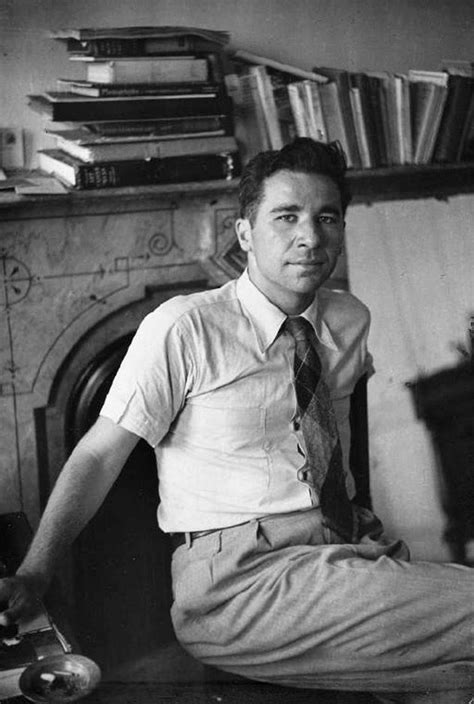A Quote by Dario Argento
Every writer, to some extent, writes about himself.
Related Quotes
As every writer knows... there is something mysterious about the writer's ability, on any given day, to write. When the juices are flowing, or the writer is 'hot', an invisible wall seems to fall away, and the writer moves easily and surely from one kind of reality to another... Every writer has experienced at least moments of this strange, magical state. Reading student fiction one can spot at once where the power turns on and where it turns off, where the writer writes from 'inspiration' or deep, flowing vision, and where he had to struggle along on mere intellect.
It's akin to style, what I'm talking about, but it isn't style alone. It is the writer's particular and unmistakable signature on everything he writes. It is his world and no other. This is one of the things that distinguishes one writer from another. Not talent. There's plenty of that around. But a writer who has some special way of looking at things and who gives artistic expression to that way of looking: that writer may be around for a time.
A scrupulous writer in every sentence that he writes will ask himself. . . What am I trying to say? What words will express it?...And he probably asks himself. . . Could I put it more shortly? But you are not obliged to go to all this trouble. You can shirk it by simply throwing open your mind and letting the ready-made phrases come crowding in. They will construct your sentences for you




































